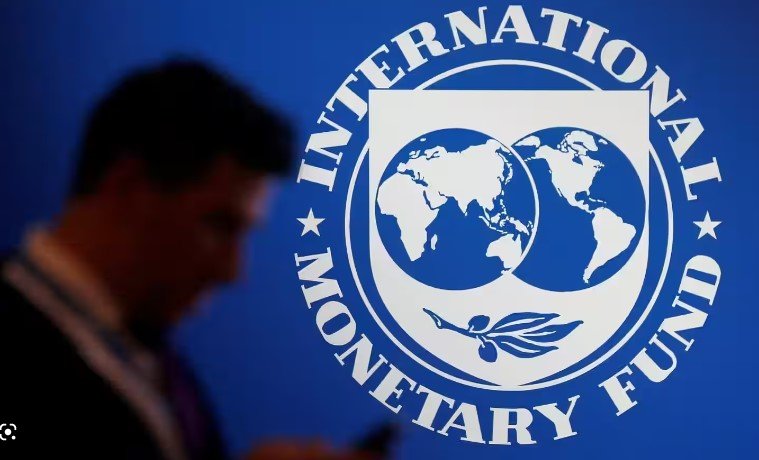IMF releases its crypto plan, urging against making it legal tender.
A global lender advises nations to develop cryptocurrency regulations that “safeguard monetary sovereignty and stability.”
The first recommendation of the International Monetary Fund’s (IMF) nine-point action plan on how nations should handle crypto assets is a call to refrain from making cryptocurrencies like Bitcoin legal tender.

A paper titled “Elements of Effective Policies for Crypto Assets,” which offered “advice to IMF member countries on important aspects of an effective policy response to crypto assets,” was discussed by the executive board of the world’s last resort lender, according to the statement.
The fund stated that after a number of cryptocurrency exchanges and assets failed over the past couple of years, such initiatives have become a priority for authorities and that continuing to do nothing is now “untenable”.
To “safeguard monetary sovereignty and stability by improving monetary policy frameworks and do not issue crypto assets official currency or legal tender status,” was the main recommendation.
El Salvador became the first nation in Central America to accept Bitcoin as legal cash in late 2021, prompting criticism from the IMF, which the Central African Republic then imitated.
Other suggestions included preventing excessive capital flows, adopting clear tax regulations and laws regarding cryptocurrencies, and creating and enforcing oversight standards for all participants in the cryptocurrency market. The list was released on Thursday and coincides with the G20 decision-makers’ meeting in India.
The IMF stated that nations should build up mechanisms to track cryptocurrency’s impact on the stability of the international monetary system as well as multilateral agreements to strengthen oversight and enforce laws.

IMF directors agreed that widespread adoption of crypto assets “may undermine the efficacy of monetary policy, evade capital flow management measures, and raise fiscal risks,” according to the IMF’s summary of the executive board’s assessment.
Also, they “largely agreed” that cryptocurrency assets shouldn’t be designated as official money or legal tender. Strict asset bans are “not the first-best choice,” but several directors felt they shouldn’t be ruled out either.




